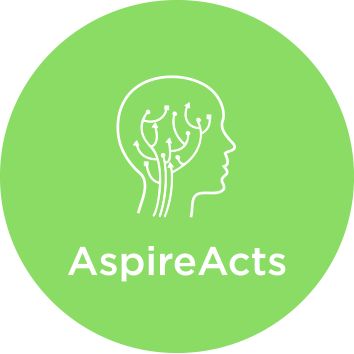Nowadays everywhere you turn, under every rock you lift, and for every career change there is a coach. Your personal trainer is now a ‘fitness coach’ and the career officer a ‘career coach’. But why is this, and exactly what is a professional coach?
The term “coach” is nothing new, although the discipline itself of coaching wasn’t born until the 60’s. The act of coaching is defined as ‘the art of facilitating the performance, learning and development of another’ (Downey, 1999, Effective Coaching). Simply put – coaching is helping someone else’s development. However, this may create more questions then answers.
A coach definition is helpful
Why is a teacher not an educational coach, and a football coach is not a trainer? Does it matter of it’s tomato or tomahto? The answer is it can matter. The confusion is part of the ambiguity that surrounds personal and professional coaching.

Today personal and professional coach is not a regulated title. This mean that anyone can call themselves a coach and charge clients for their services. Education isn’t necessary, but for the coach that chooses to pursue it, there is also a great variation in length, quality and approach to coaching. It can range from a weekend seminar to years of studies.
Anyone can call themselves a coach
Looking for a coach can be like wanting tomatoes for your pasta sauce, but asking for vegetables and hoping for the best.
Who decides what coach should be?
But it’s not as simple as to say that someone with more studies and experience is “more” of a coach. As there is no consensus of what a coach should be, every opinion is equality valid. Also what is more important anyway, the right education or the right experience? Of course this doesn’t make it easy for someone wanting to hire a coach.
There are a few organisations which are trying to regulate personal and professional coaching by promoting specific ethics and standards.
International coach organisations:
- European Mentoring and Coaching Council (EMCC)
- International Coaching Federation (ICF)
- Association of Coaching (AC)
- Global Convention on Coaching (GCC)
- Coaching Research Forum (ICRF)
Each of these organisation aims to raise the awareness and standards of professional coaching to create a norm. However, this doesn’t mean they always agree on which these standards are.
And there is no denying that there are also personal and economic interests in this debate. An interest for university educated to benefit from their investment, for today’s coaches to be able to continue their practices, and for coach organisations and schools to attract members and students.
The future of the professional coach
With so many different opinion about the definition of personal and professional coaching it doesn’t look like an agreement will be reach easily. But taking into account the general trends of stricter regulation in most careers, it’s likely this awaits coaching as well. However, the question is who will take this decision?
It is very possible that when that day arrives, not everyone will be happy with the verdict. Or perhaps, coaching simply will be divided in sub-disciplines as in psychology?
Until then, coaches need to be clear about our approach towards coaching and personal standards and ethics. And if you interested in hiring a professional coach, its’ important be aware of the differences.
Always make sure your coach is the right one for you!


